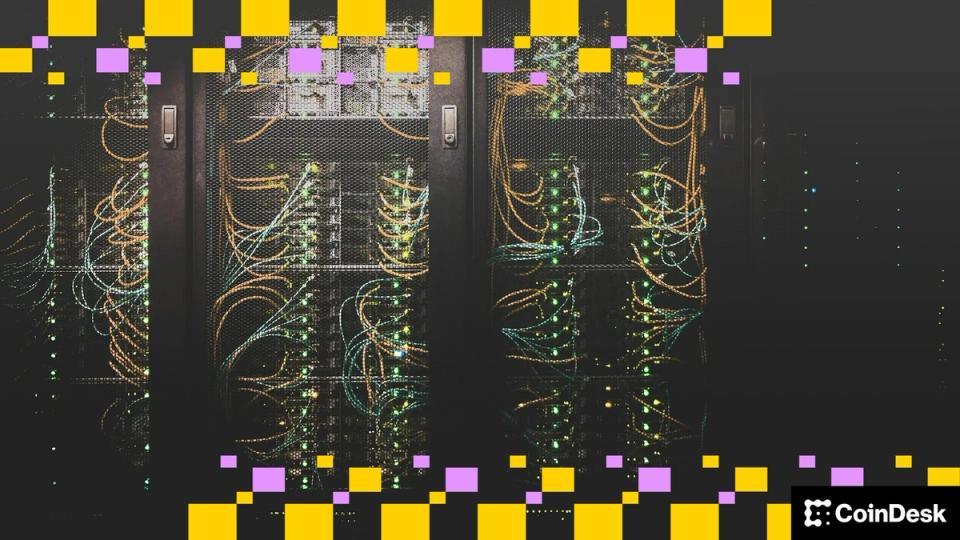Cipher Mining (CIFR) rose 19% on Monday after signing a $5.5 billion leasing deal with Amazon Web Services (AWS), delving into the hot artificial intelligence (AI) infrastructure.
The 15-year agreement will allow Cipher to deliver 300 megawatts (MW) of power capacity to AWS by the end of 2026, with the first phase beginning in July, according to the company’s press release. The facilities will include air- and liquid-cooled racks, key features for the type of high-performance computing (HPC) that AI models require.
Cipher also announced that it took majority control of a new joint venture to build a 1 gigawatt site in West Texas. The facility, called “Colchis,” is located on 620 acres near an American Electric Power substation and has secured a Direct Connect agreement with AEP. Construction is scheduled to be completed in 2028, the company said.
These moves underscore a deeper shift in the role of crypto mining companies, which are increasingly being tapped to provide the power and infrastructure needed by big tech companies with lofty AI ambitions. Bitcoin miners already manage large-scale computing infrastructure and power contracts, which are now in high demand from hyperscalers like AWS and Google.
IREN (IREN), another bitcoin miner that pivoted into AI computing, announced a $9.7 billion cloud computing deal with Microsoft on Monday, sending its shares up more than 20%.
Encrypted earnings
Cipher on Monday reported $72 million in third-quarter revenue and adjusted earnings of $41 million. The AWS lease and a previously announced $3 billion deal with Fluidstack and Google bring its total AI hosting contracts to approximately $8.5 billion.
The company said its portfolio now includes 3.2 gigawatts (GW) of site capacity.
“As the industry rapidly evolves and validates our thesis that Tier 1 hyperscalers would turn to Cipher and non-traditional areas in Texas, we are more confident than ever that Cipher is among the best-positioned companies in the world to take advantage of the additional opportunities created by the growing energy shortage,” CEO Tyler Page said in a statement.




